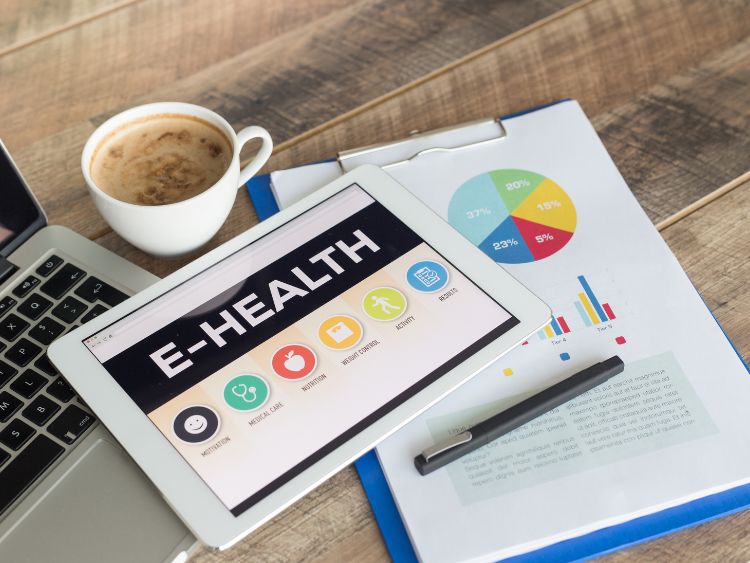In today’s fast-paced world, where convenience often trumps care, it’s easy to let our health take a backseat. But when it comes to our hearts, being proactive can literally save lives. That’s where a heart health screening voucher steps in as a game-changer. This piece isn’t just about telling you what it is; it’s about guiding you through why you need it, how you can get it, and the doors it opens for a healthier heart.
What’s a Heart Health Screening Voucher?
Imagine having a golden ticket, but instead of a tour through a chocolate factory, it grants you access to a comprehensive check-up of your heart’s health. A heart health screening voucher is essentially that – a pass to assess your heart health, often at a reduced cost or sometimes even for free. It’s a proactive step towards understanding and managing the risk factors for heart disease, the world’s leading cause of death.
Why It’s a Big Deal
Heart disease doesn’t always knock loudly before it enters; it often creeps in silently. Regular screenings can catch it tiptoeing around, often before symptoms appear. With a heart health screening voucher, you’re taking a crucial step in prevention and early detection, which can significantly alter the course of your health journey.
The Benefits: Why You Shouldn’t Skip Out
- Early Detection: Catching heart issues early can lead to interventions that prevent progression.
- Cost-Effective: With vouchers, screenings become more accessible, encouraging more people to take part.
- Peace of Mind: Knowing your heart health status can relieve stress and guide lifestyle choices.
How to Get Your Hands on One
- Check with Your Health Insurance: Many providers offer vouchers as part of wellness programs.
- Employer Wellness Programs: Some employers provide them as a perk.
- Local Health Fairs: Often, vouchers are available through community health initiatives.
- Online Health Platforms: Keep an eye out for promotions or partnerships offering vouchers.
What to Expect During a Screening
- Blood Pressure Check: A fundamental measure of heart health.
- Cholesterol Levels: High levels can indicate an increased risk of heart disease.
- Body Mass Index (BMI): While not directly measuring health, it helps gauge risk factors.
- Lifestyle Assessment: Diet, exercise, and habits like smoking can all impact heart health.
- EKG/ECG: To check for heart rhythm abnormalities.
FAQs
Q: Who should consider getting a heart health screening?
A: Anyone, especially those over 35 or with known risk factors like high blood pressure, diabetes, or a family history of heart disease.
Q: How often should I get screened?
A: It varies, but generally, every 1-2 years if you’re over 35. If you have risk factors, more frequent screenings may be advised.
Q: Is the screening process invasive?
A: Most screenings are non-invasive and involve simple tests like blood pressure measurements and blood tests.
Q: Can I use the voucher for follow-up care?
A: Typically, vouchers cover the initial screening. Any follow-up care or tests will likely be through insurance or out-of-pocket.
Making the Most of Your Voucher
- Be Prepared: Know your family history and bring a list of any medications you’re taking.
- Follow Up: If your screening uncovers issues, schedule follow-up care promptly.
- Lifestyle Changes: Use the information from your screening to make heart-healthy lifestyle adjustments.
Conclusion
A heart health screening voucher is more than just a ticket to a medical check-up; it’s a step towards empowerment. By understanding and managing your heart health, you’re setting the stage for a longer, fuller life. Remember, the heart of the matter is your heart. Don’t put off what can easily be the most important health decision you make this year. Grab that voucher, get screened, and take control of your heart health today.
By embracing the heart health screening voucher, you’re not just looking out for yourself; you’re setting an example for your loved ones. It’s a simple step, but its impact can be profound. Let’s not wait for a wake-up call to take our heart health seriously. The time to act is now.
